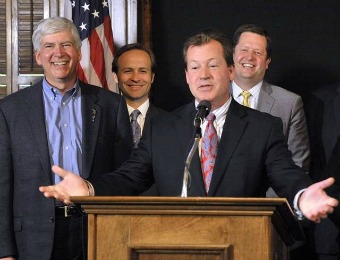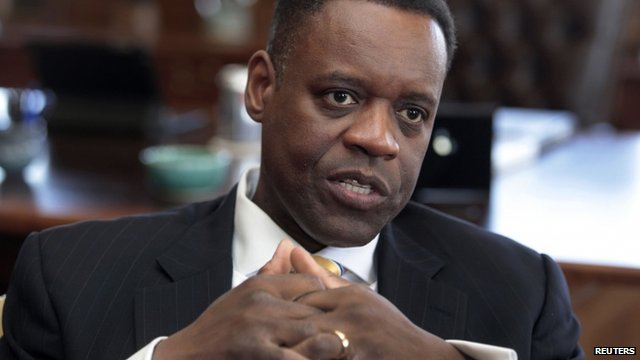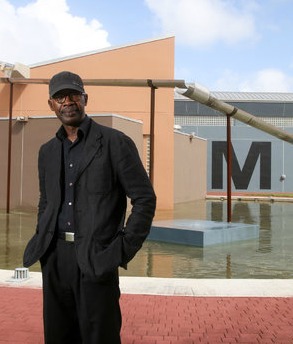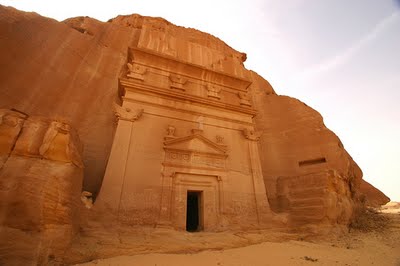That’s what the press announcement from the Detroit Institute of Arts said on Friday morning about 10:30 a.m. The DIA is holding a press conference at 11 a.m. in the Rivera Courtyard.
 I was hopeful that the DIA had raised all the money, $100 million, it needs to meet the demands of the Emergency Manager and others in the deal. But, no, the news is good, but not quite that good. According to both Detroit papers, the DIA and Gov. Rick Snyder will announce a $26 million gift from the Big Three Automakers. $10 million each will come from Ford and General Motors, and Chrysler will kick in $6 million. Instead of a complete, this has been the DIA’s quiet phase of the campaign which, apparently, will now ramp up. Perhaps this announcement will coax out other donations, with local corporations the likely targets.
I was hopeful that the DIA had raised all the money, $100 million, it needs to meet the demands of the Emergency Manager and others in the deal. But, no, the news is good, but not quite that good. According to both Detroit papers, the DIA and Gov. Rick Snyder will announce a $26 million gift from the Big Three Automakers. $10 million each will come from Ford and General Motors, and Chrysler will kick in $6 million. Instead of a complete, this has been the DIA’s quiet phase of the campaign which, apparently, will now ramp up. Perhaps this announcement will coax out other donations, with local corporations the likely targets.
In its article, the Free Press noted:
Blue Cross Blue Shield of Michigan also is considering a contribution, along with several national foundations, including Los Angeles-based Getty Foundation, the source said.
In its, the Detroit News said:
DTE Energy Co. also has been considering a $5 million contribution, a source said.
…DIA leaders have reportedly already approached Dan Gilbert’s Quicken Loans
Inc. and affiliated companies, and industrialist Roger Penske, among others, for donations.
The News also brought us up-to-date on the status of the foundations pool that kicked off the “grand bargain”:
Twelve regional and national foundations have pledged $366 million over 20 years toward rescuing pensioners from deep reductions in their retirement benefits and preserving the art collection in Detroit.
UPDATE: here’s the official press release.




